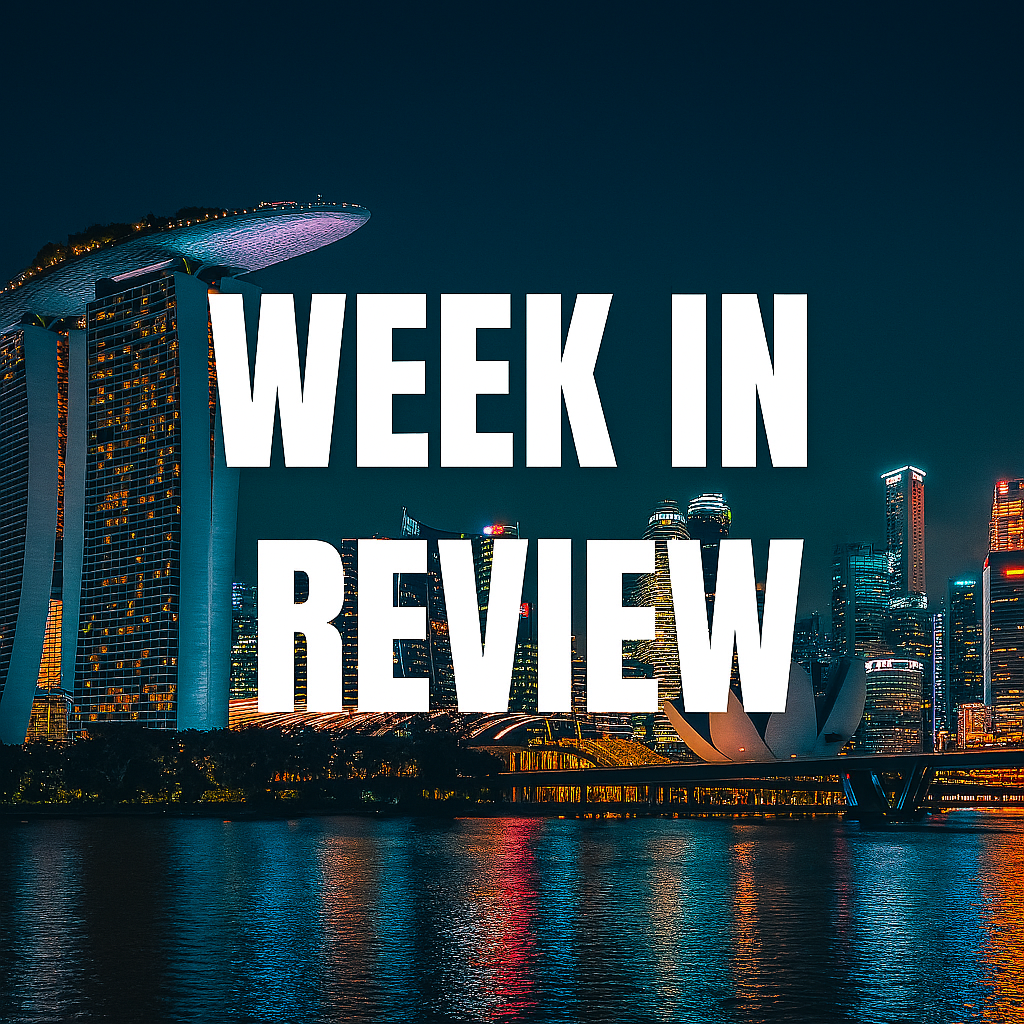In the ever-evolving landscape of American education, former President Donald Trump and Vice President Kamala Harris have presented markedly different visions that reflect their broader political ideologies.
Deregulation and School Choice
During his presidency, Donald Trump emphasized school choice as a cornerstone of his education policy. He advocated for increased funding for charter schools and voucher programs, arguing that competition would drive improvement in public schools. Trump supported policies that allowed federal funding to follow students to schools of their choice, including private and religious institutions. These policies have not changed.
Trump has proposed eliminating the U.S. Department of Education and said he wants states, not the federal government, to control schools. This was seen in an effort to roll back specific Obama-era educational regulations, particularly those tied to standardized testing and accountability measures. His supporters argue that this approach empowers parents and local communities, fostering innovation and responsiveness to students’ needs.
Trump’s campaign has detailed a plan centering on prayer in public schools, an expansion of parental rights in education, patriotism as a centerpiece of education, and the “American Way of Life.” This includes dismantling so-called “woke” or diversity, equity, and inclusion (DEI) initiatives in education. Trump has called for cutting federal funding for schools or programs that feature “critical race theory, gender ideology or other inappropriate racial, sexual, or political content onto our children.”
Trump plans to end teacher tenure laws. The United Federation of Teachers describes these laws as state laws that prevent a school district from dismissing a tenured teacher without due process. Trump wants to abolish these policies “to remove bad teachers.” Trump also plans to create a credentialing body to certify teachers who “embrace patriotic values and support the American Way of Life” and encourage schools to allow trained teachers to carry concealed weapons at school.
Trump plans to “promote positive education about the nuclear family, the roles of mothers and fathers, and celebrating rather than erasing the things that make men and women different and unique.”Trump’s agenda for 2025 focuses on plans to create a new, free university called the “American Academy” “Its mission will be to make a truly world-class education available to every American, free of charge, and do it without adding a single dime to the federal debt,” said Trump. “This institution will gather an entire universe of the highest quality educational content, covering the full spectrum of human knowledge and skills, and make that material available to every American citizen online for free.”
Harris has spoken out against efforts to ban books and restrict classroom content regarding race, supports the status quo of Public education.
Equity and Public Investment
Vice President Kamala Harris has focused on equity and increased investment in public education. Harris advocates for significant federal funding to improve public schools, particularly in underserved areas. Her proposals often include increasing teacher salaries, expanding access to early childhood education, and addressing systemic inequities that affect educational outcomes. Interestingly, Harris does not support school choice, and several unions representing educators and administrators — including the National Education Association, the American Federation of Teachers, and the American Federation of School Administrators — have endorsed Vice President Kamala Harris for president.
Harris also emphasizes the importance of addressing student debt. Her policies often advocate for tuition-free community college and increased support for historically black colleges and universities (HBCUs). However, her policies have not thoroughly been explained on how these initiatives will be funded.
The Democratic 2025 platform opposes using private school vouchers, tuition tax credits, opportunity scholarships, and “other schemes that divert taxpayer-funded resources away from public education.”
The Debate: Choice vs. Equity
The debate between Trump and Harris highlights a fundamental ideological divide. Trump’s policies prioritize parental choice and minimal federal oversight, resonating with those who seek alternatives to traditional public schools. Meanwhile, Harris’s focus on equity addresses systemic disparities, aiming to uplift public education through substantial federal involvement and investment.
As the 2024 election season unfolds, education remains a pivotal issue that reflects broader societal values and priorities. Trump and Harris’s contrasting approaches offer voters distinct pathways for the future of American education, each with its potential benefits and challenges. The outcome of this debate will significantly shape the educational landscape for years to come.




